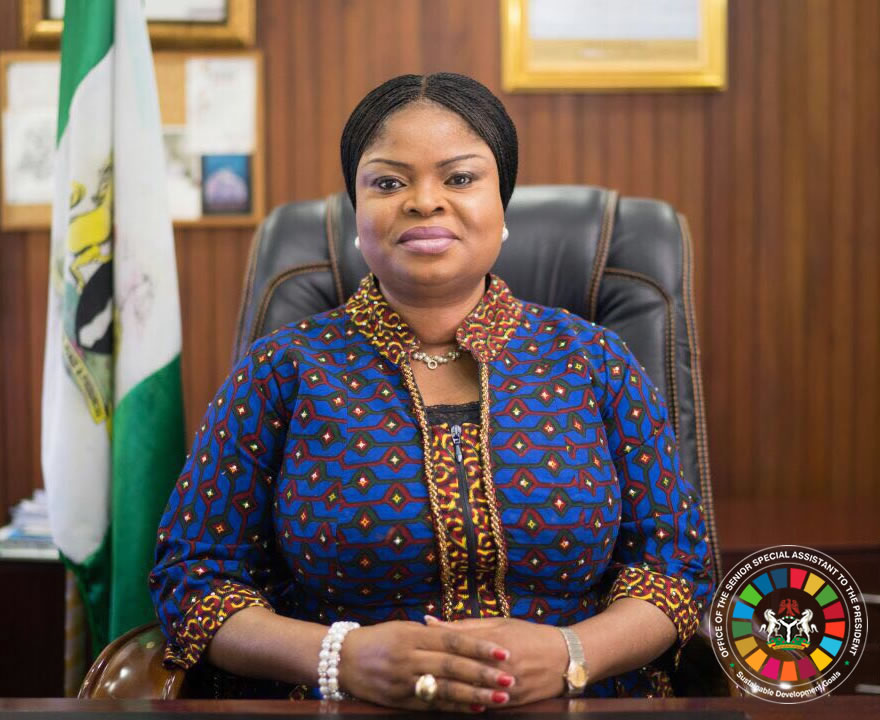News
Children, youths critical to achieving SDGs – Adefulire

Princess Adejoke Adefulire, the Special Senior Assistant to the President on Sustainable Development Goals (SSAP-SDGs), says children and youths are critical to achieving Sustainable Development Goals (SDGs).
Adefulire said this in her remarks at the official launch of the World Largest Lessons Activation in Nigeria and SDGs Activation Summit in Abuja on Friday.
According to her, the 2030 Agenda is a call for UN Member States to address critical global challenges of our time, which border on environmental, economic and social issues.
“The SDGs aim to tackle the root causes of poverty and unite us together toward positive change for both people and planet.
“Ultimately, the SDGs are Nigeria’s opportunity to provide a common plan and agenda to tackle some of the pressing challenges facing our country such as poverty, illiteracy, unemployment, inequality, injustice, insecurity, climate change and conflicts.
“Nigerian children and youth have a critical role to play in achieving the 2030 agenda.
“The SDGs target 4.4 to substantially increase the number of youth and adults, who have relevant skills, including technical and vocational skills for employment, decent jobs and entrepreneurship.
“We must make the right choices to improve life in a sustainable way for our future generations, by creating opportunities for young children and youths to move out of poverty into decent work for inclusive growth,’’ Adefulire said.
The SSAP-SDGs, therefore, commended World Largest Lessons an NGO, Ministry of Education, Universal Basic Education Commission (UBEC) and other agencies and NGOs like the DEAN Initiative for their commitment to achieving the SDGs in Nigeria.
Mrs Allison Bellwood, Creator and Director, World Largest Lesson, (a global initiative established in 2015) organisers of the programme, said the initiative’s main focus was on educating children on the SDGs.
“Nigeria has an incredible youth population; the young people of Nigeria are a power house for participation. What we are aiming to do is really to mobilise that power house, in the direction of helping to achieve the SDGs.
“Mobilising young people who are currently able by age and are old enough to participate, and teach the SDGs to the younger peers.
“We have been talking to school children to literally say no to plastic bags and saying so to their parents, no more plastic bags, we can avoid plastic bottle if we work towards it.’’ Bellwood said.
She added that with the campaign going to the schools, where the future leaders are; these would be ingrained in them and better results as they would be caught young.
Speaking on the success of the programme, Mr Semiye Micheal, Director, DEAN initiative, said 500,000 students had been activated on the SDGs programme.
He added that the ultimate aim of the programme was to include the sustainable development education in the national school curriculum.
It was reported that SDGs activation programme had commenced in 36 states and the FCT, 109 SDGs Clubs have been formed nationwide, and three IDP Camps had been formed in Borno State.
Also a deployment of 6,420 Peer Educators among other measures had commenced.




 Davido's Net Worth & Lifestyle
Davido's Net Worth & Lifestyle 
